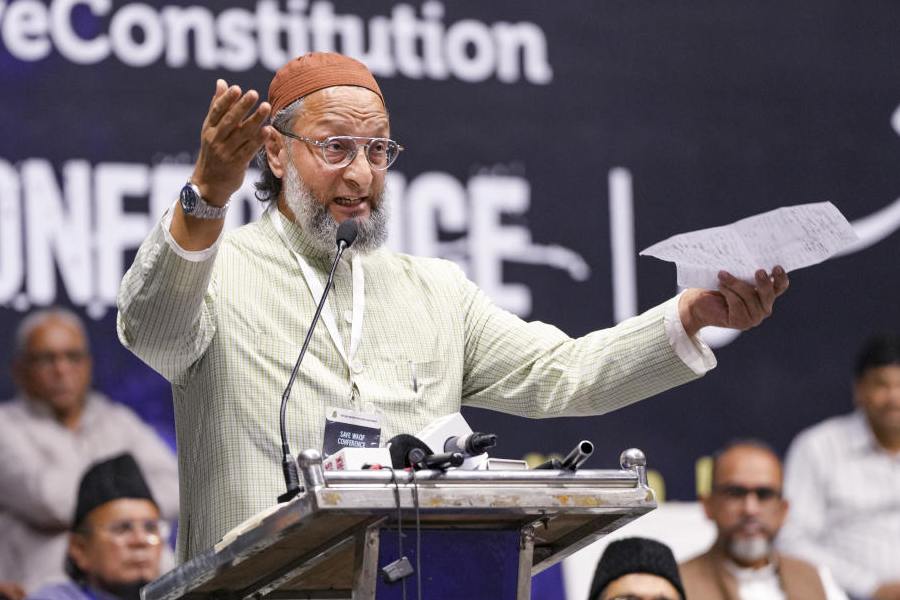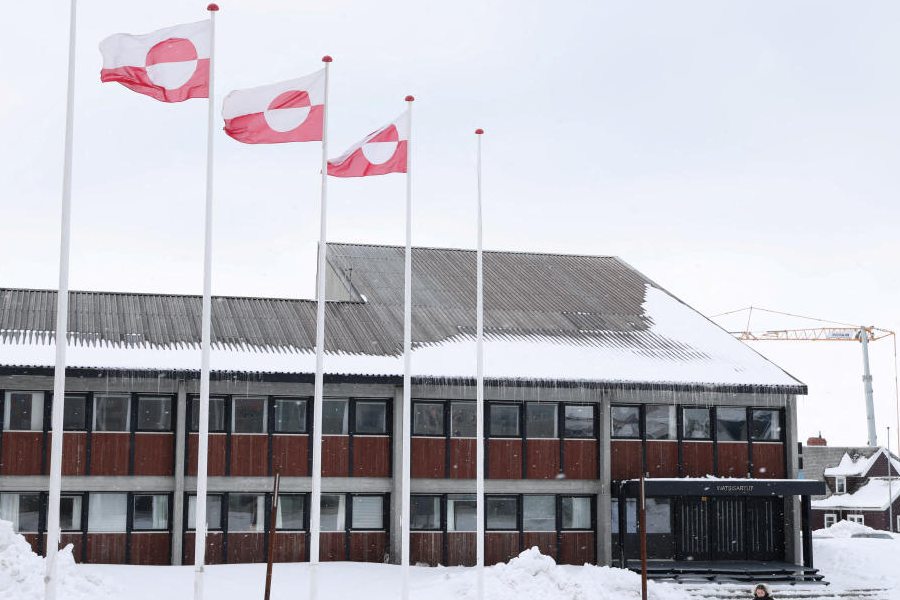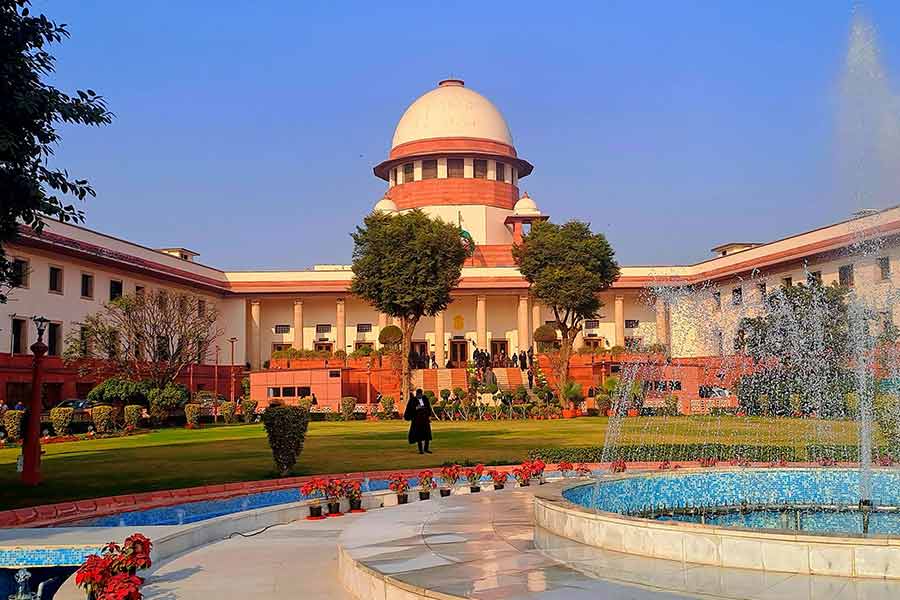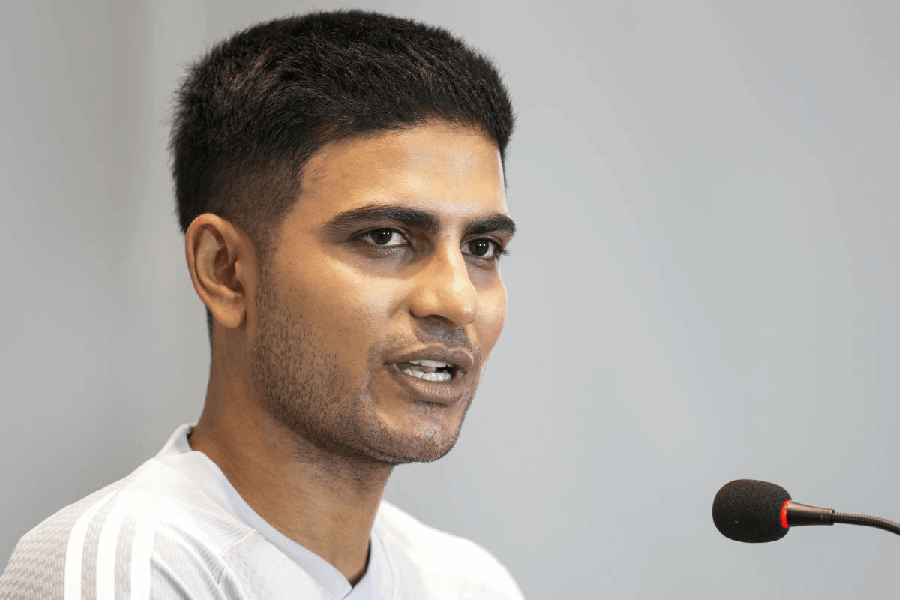 |
He is just 31 and could easily pass off for a college graduate. But don’t be fooled. Beneath the college boy look lies an incisive mind, which advises business conglomerates on various issues of management. Vishesh Chandioke heads Grant Thornton, one of the largest management consultants in India.
After completing his schooling from Modern High School, New Delhi, Chandioke graduated in maths and economics from St Stephens College. In 1995, he went to do his masters in business administration (MBA) from Glasgow University.
That’s the time he learnt much that was to hold him in good stead later. And it wasn’t all from the books. He remembers that while giving one of the several exams for chartered accountancy from the Institute of Chartered Accountants, England and Wales, he underestimated a music graduate on her ability to score in a financial exam. She ended up scoring more than him. “That day I learnt that one should never take things for granted,” says Chandioke.
MBA achieved, he joined as a trainee with Grant Thornton at their West London office in 1997. “I was new not only to the profession, but it was also an alien culture. The challenge was to fit in with a crowd that had graduated from universities like Oxford and Cambridge,” says Chandioke. But he fitted in well enough and was soon servicing some of the well-known Asian business houses in the UK, as part of an ethnic business initiative.
Around 1998, Chandioke worked with the David Andrews partnership, which was involved in strategic and consulting management. “It was here that I learnt how to manage a consulting firm. Again, I got an opportunity to work with leading global law firms on issues of culture definition, financial planning, practice management and mergers and acquisitions,” says Chandioke. In 2000, he was relocated to India to head the Indian arm here.
“When I left India for higher studies, the economy was just opening up,” he says. “In 2000, it was on its way to becoming one of the most exciting emerging markets in the world. All this made work exciting.” Apart from developing new service lines for the company and working out its inorganic growth strategy, he also became the primary contact for every Grant Thornton international client that came into India or went out of India to do business. But his speciality remains family businesses.
“Wherever one goes, family-run businesses face similar problems but the cultures in which they occur are different,” Chandioke points out. For example, in the West, succession plans of family businesses also include girls as heirs. This is not a feature in India; the male is still considered the sole heir of a family business. Another issue is that the Indian joint family system is unheard of in today’s West. “In India, not only do families work together but they also stay together,” says Chandioke. “In a business, this creates many difficult situations.”
He feels most family businesses suffer from a single problem ? the successors not being clear about their role in the scheme of things. Hence, Chandioke spends most of his time advising family businesses on things they can incorporate to make their work more professional and the kind of rules that need to be followed by families who have large business interests.
Being true to his core competence, Chandioke spends his leisure time reading books on family businesses to draw cross-cultural solutions. Right now he is reading a book that traces a 1,400-year-old family business in Japan. The Kongo family makes temples (and has now diversified into schools and retirement homes). There is a lot to be learnt from the 50 generations of the Kongos, who have not just survived but also thrived, he says.
If he is not consulting, Chandioke prefers a game of golf and visiting new places. But it’s not new places in the workplace. In an age where most young professionals jump jobs, ask him how he has managed to stay on for 12 years in the same firm and he will answer: “There is so much to do in India. I don’t think I want to move anywhere else.” For a person who is fascinated by large planes and wishes to ride an Airbus 380, his flight has just taken off and he is no hurry to land.
As told to Aparna Harish in Calcutta










